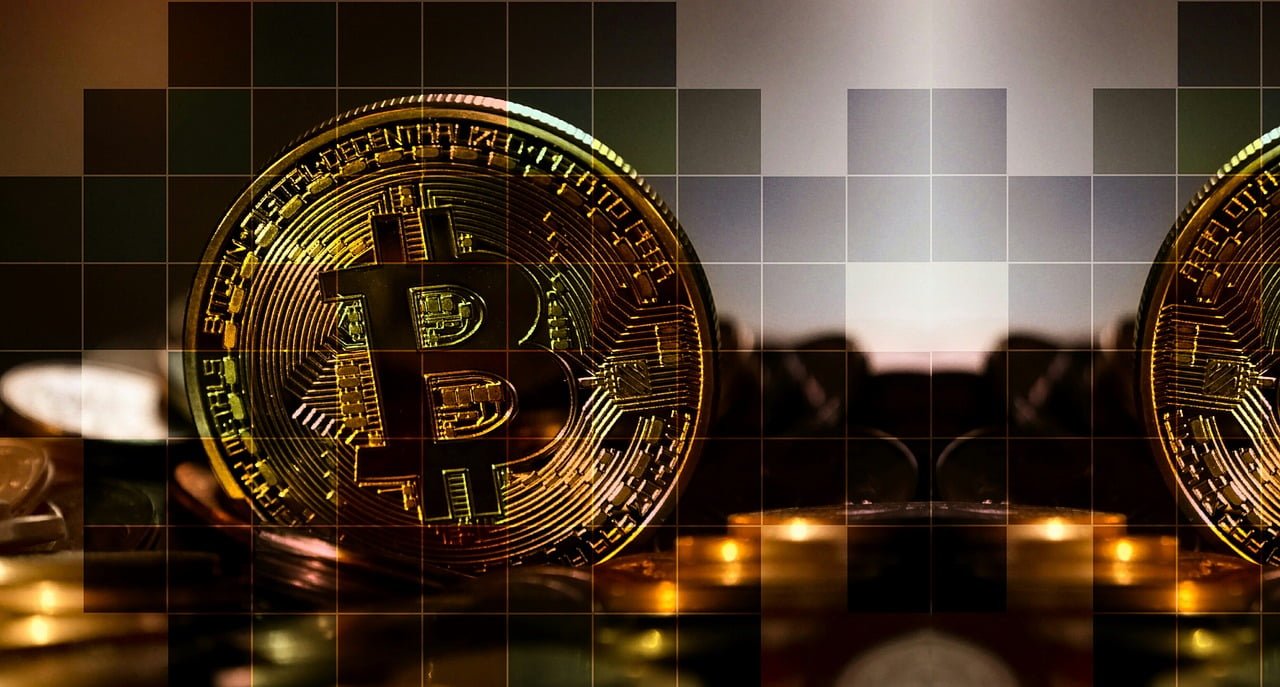Off the back of news that hackers have stolen more than $40 million in cryptocurrency from crypto exchange Binance, please find below commentary from industry experts on how cold storage can improve safety.
Tara Annison, Technical Product Manager of the , a real-time institutional trading and settlement platform for blockchain-based assets held in cold storage, commented:
[REITs]Q1 hedge fund letters, conference, scoops etc
“Binance is arguably one of the biggest honey pots for hackers, having an abundance of alt coins which are easier to liquidate, plenty of trading volume, and lots of retail users who could fall foul of social engineering attempts. This particular hack shows that attackers are using ever more sophisticated methods across a wider range of attack vectors, thus reinforcing the importance of firms keeping up with these new methods and ensuring their security approaches are proactive rather than reactive.
Traders have continued to put their trust in exchanges, primarily due to convenience and need, but also because decentralised alternatives are not yet a mature proposition. However, as this recent hack has shown, even well established and reputable exchanges like Binance can be susceptible to an attack. It is worth noting that Binance only keep a reported 2% of funds in hot storage (vs their cold storage holdings) and do appear to have a number of attack mitigations in place – so this attack could have been far worse had they not had this in place.
Hopefully this will encourage exchanges to be extra vigilant and keep improving their security methods. For crypto-holders it should be yet another reminder to ensure long term holdings are in secure cold storage and trading funds are kept across a number of venues to reduce the impact of an exchange hack.”
Ozan Salih, Co-founder and Chief Operating Officer of Vo1t, which combines cutting-edge system design with cybersecurity best practices to create the world’s most secure cold-storage vault for digital assets, commented:
“Exchanges play a key role in the crypto ecosystem and, for many, it is the most convenient way to buy and sell assets. However, people are often unaware of the risks associated with security breaches and what this might mean to them. Despite all the media coverage and reported cases, It is still very easy to assume it will never happen to an individual, and people will continue to use exchanges based on their risk appetite and their perception of a trusted service provider, sometimes buying into the false notion of ‘too big to fail’.
This incident will undoubtedly have a negative impact on the reputation of the industry and there needs to be reassurances, especially from major players in the space, to address genuine concerns over security and ongoing threats posed by hackers.”
Jay Zhou, CMO of Loopring, the open-source protocol for building decentralized exchanges, commented:
“Security vulnerabilities exist even in the world’s largest centralized system. This is not just a technical matter, it can also be heightened by internal control and governance flaws. If you deal with large assets, you will be a bigger target for hackers, and by default will be exposed to increased security costs.
Hackers target the world’s largest exchanges and now it’s Binance’s turn as they expose their vulnerabilities to the world. Nevermind making Binance Chain and the Binance’s DEX open source, it is time for centralized exchanges to integrate on chain settlement with off chain order management, so that these risks can be fundamentally resolved.”





